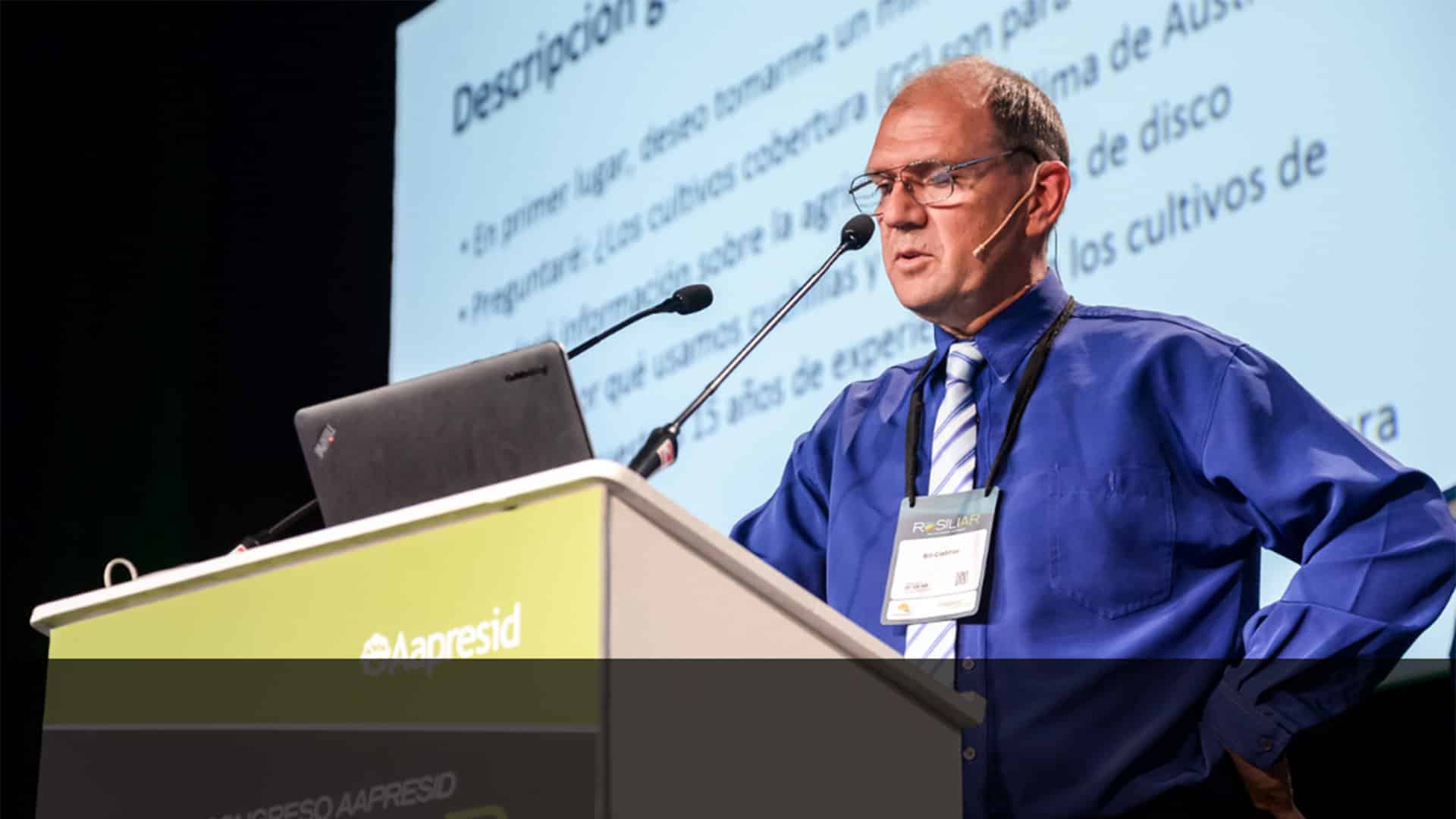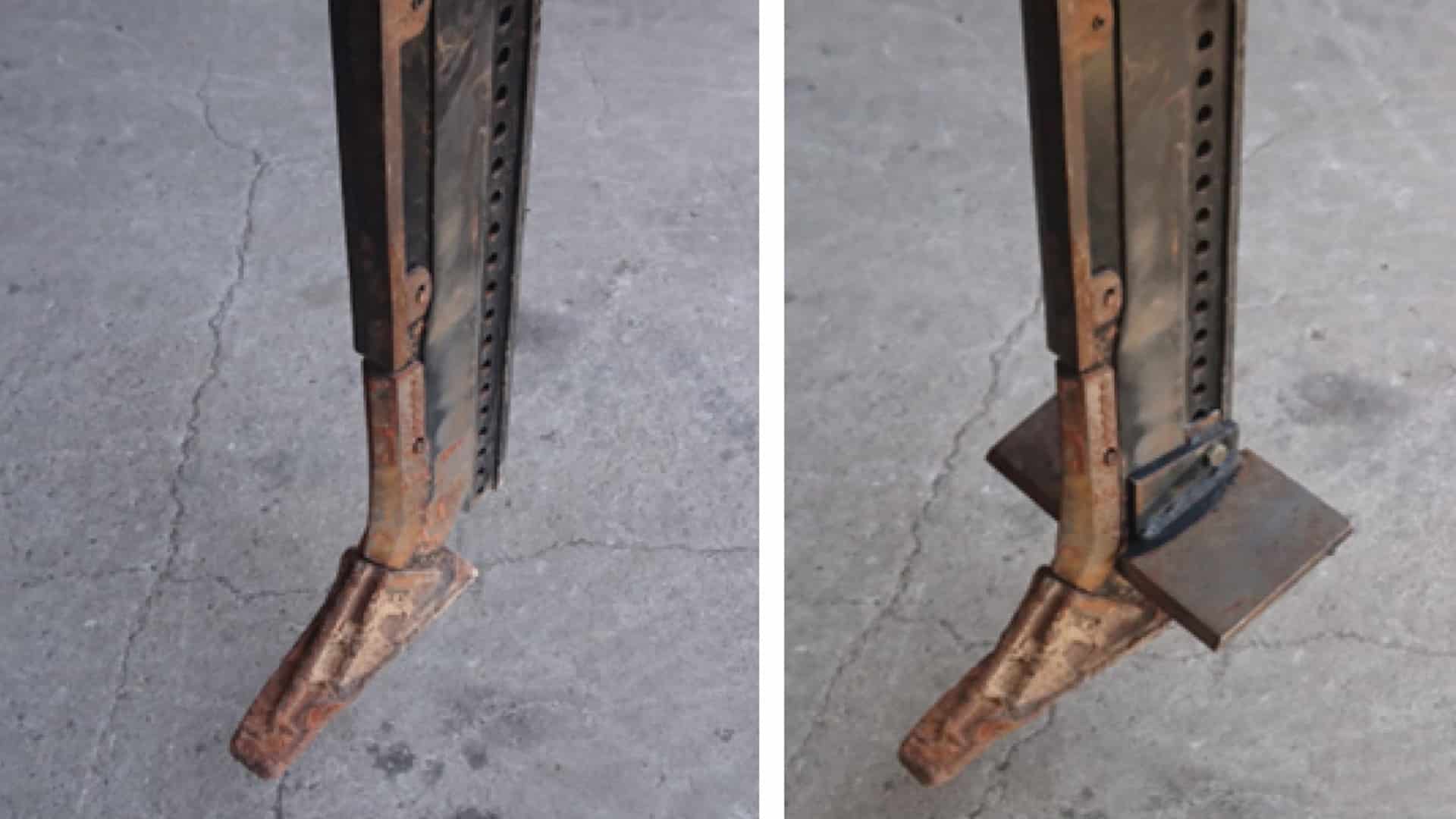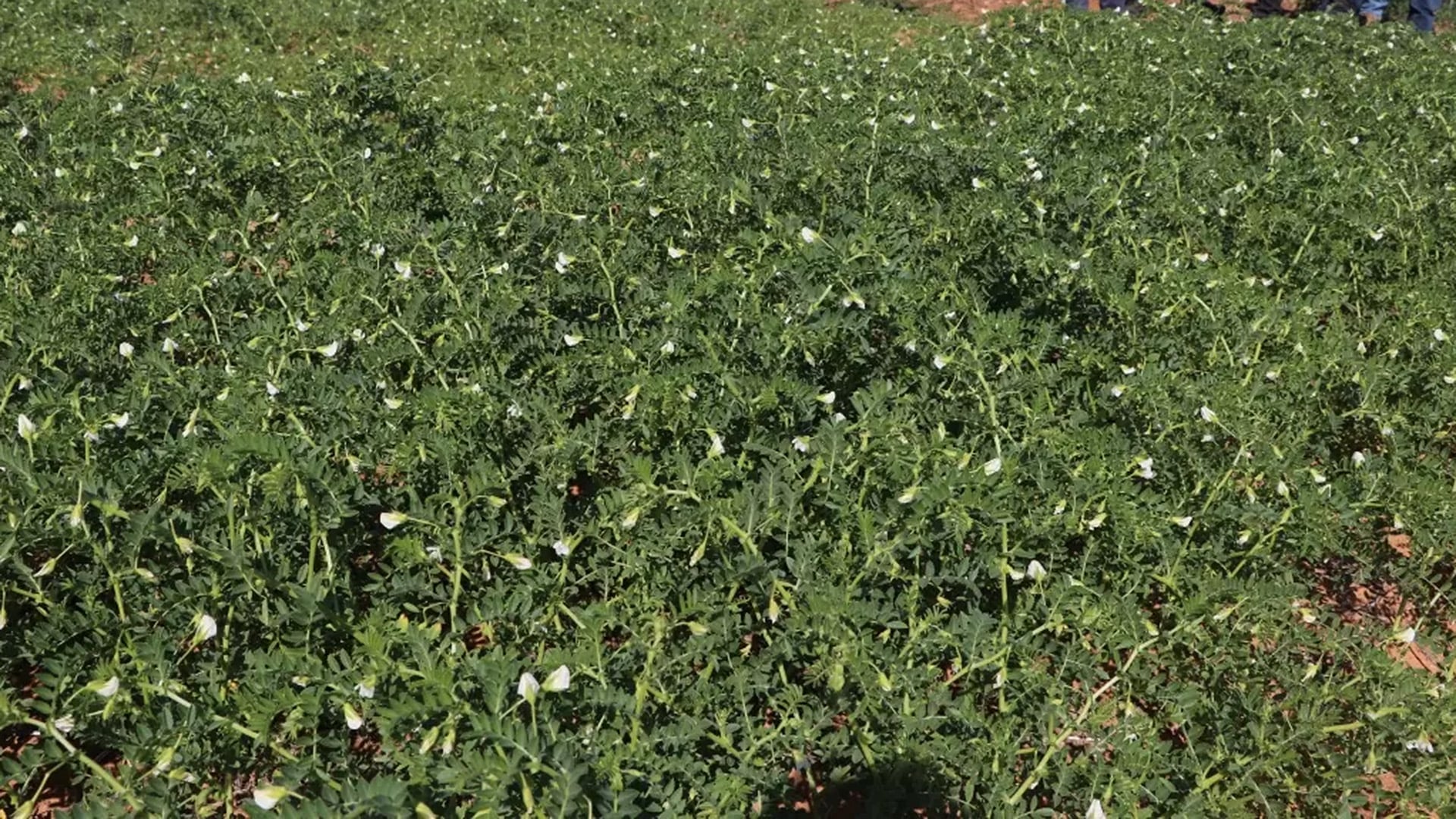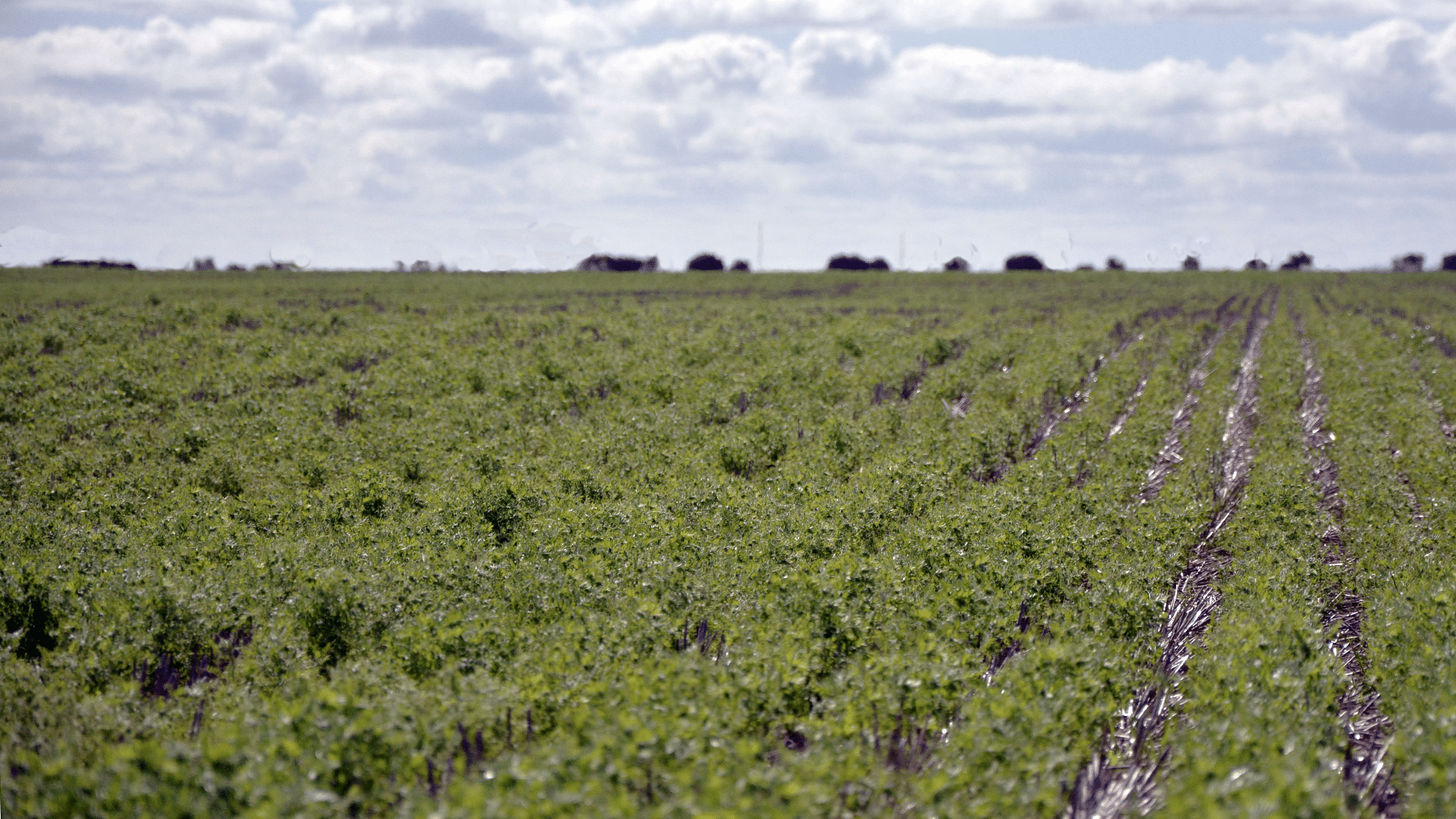START
FINISH

Summary
Unable to have keynote speaker Bill Crabtree attend their 2020 Spring Field Days, Mallee Sustainable Farming (MSF) recorded an interview instead, then edited and published this as a podcast. ‘Farming On The Edge Of The Desert With Bill Crabtree’ enabled MSF to share his knowledge with the FarmTalk podcast audience in a flexible and easily accessible format. Published in December 2020, it was downloaded 135 times in the first two months.
Background
Mallee Sustainable Farming (MSF) Spring Field Days is an annual event where local growers can learn about relevant topics, review MSF projects and network with their peers. In 2020, it was hoped high profile Western Australia farmer and principal of Crabtree Agricultural Consulting Bill Crabtree could attend as a drawcard speaker.
Mr Crabtree is widely recognised as a talented presenter and has substantial, relevant experience of farming in a low rainfall, frost-prone environment.
Research Aims
The core objective of the project was to share Bill Crabtree’s knowledge as a grain producer in the low rainfall, frost prone zone of WA with growers in the South Australian Mallee.
In The Field
Unfortunately, the 2020 Spring Field Days were impacted by the COVID-19 pandemic and Mr Crabtree was unable to attend the event in SA due to WA travel restrictions.
As an alternative, he agreed to be interviewed for a podcast that could be shared via the MSF podcast feed.
Questions were canvassed from growers via MSF social media and the interview was recorded in December 2020. The questions included:
- What has been the most rewarding aspect of your no-till farming career?
- What in your experience are the key drivers of successfully farming low rainfall areas?
- How have you managed farming on the edge of the desert? What drew you to the challenge, and what have you learned about farming in low rainfall country in the west that you can share with our low rainfall farmer listeners?
- Most Mallee farmers are no-till or zero till farming. We are seeing a lot more legumes come into the rotation, which is great for improving soil health and species diversity but also comes with the trade-off of less stubble cover. Drought can wreak havoc in these low groundcover seasons. How do you think we can manage this into the future to keep our farming systems robust and reduce erosion risk?
The interview was recorded via Zoom and edited into a 20-minute podcast by Tegan Buckley, MSF Communications and Media Manager.
Results
The podcast episode ‘Farming On The Edge Of The Desert With Bill Crabtree’ was published via a number of streaming services and the MSF website from 11 December 2020 and promoted on social media.
The podcast is available here.
It has since been downloaded 259 times, including 60 downloads in the first two days and 40 downloads in the following week.
MSF has a growing audience for its FarmTalk podcast channel, so the number of listens and downloads will continue to grow over time.
Project Participants
Mallee Sustainable Farming: Tanja Morgan, Tegan Buckley
Crabtree Agricultural Consulting: Bill Crabtree
The Problem
Growers in the frost-prone, low rainfall Mallee could learn from a Spring Field Days presenter experienced in similar conditions in WA.
The research
WA farmer Bill Crabtree was invited to speak but was stopped by travel restrictions. A successful podcast was recorded instead.
More information
Tanja Morgan, Mallee Sustainable Farming
T: 0429 395 918
E: [email protected]
Value for Growers
The podcast format allowed Mallee Sustainable Farming to recover a potential lost opportunity and share Mr Crabtree’s insights as a resource that can be accessed by interested growers at any time. This aligns with feedback from growers that they find online digital content easier and more flexible to access, compared to attending workshops or field days.
It is hoped the saving in travel costs can be applied to producing an additional podcast, to communicate results of a SAGIT-supported frost trials project (MSF218).



